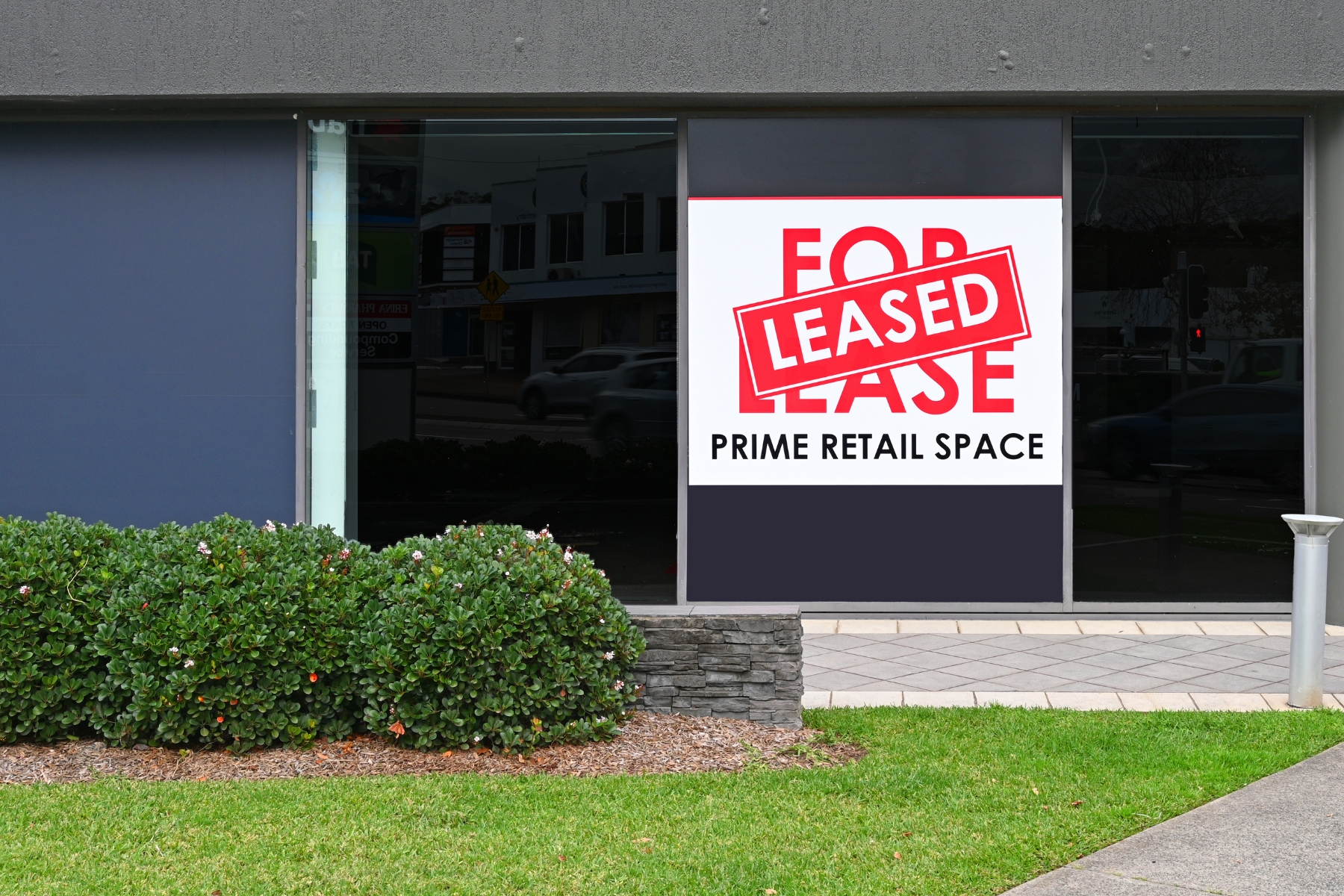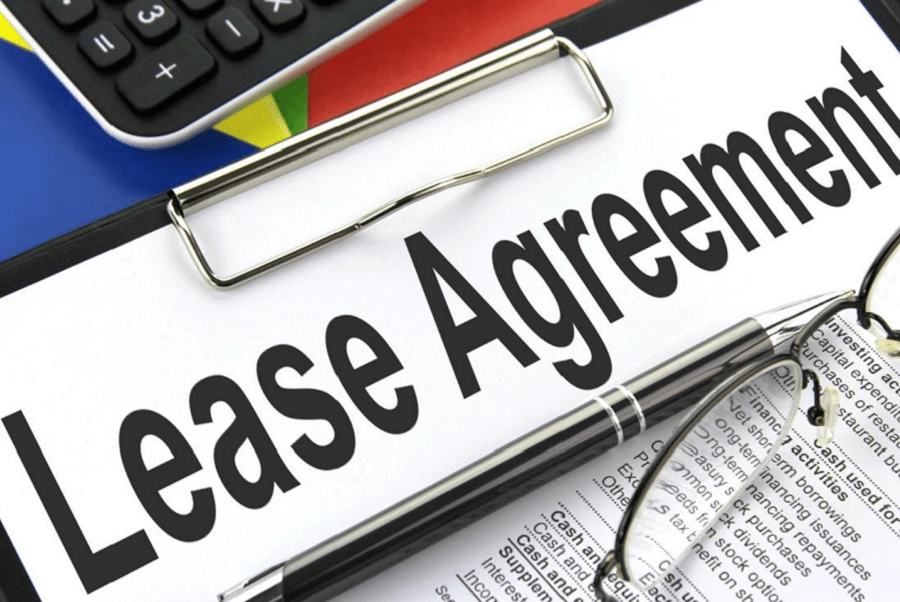
What you don’t know about your lease will hurt you. Your patients ought to have a regular eye health examination. Why don’t you have a periodic lease health checkup?
You check to ensure your staff are paid properly, your bank account charges are reasonable, your loan payments are reasonable, and you are not overpaying for equipment and supplies. Why would you not check to make sure you are being treated fairly under your lease?
Believe it.
Each year many tenants unknowingly find themselves in huge lease trouble simply because they didn’t understand what their lease really says. Do you think your landlord is going to call you up and tell you that you are overpaying and write you a check? Not likely.
Lease issues can be ongoing, chronic and expensive “gotcha’s”, which appear in at least 30% of the leases we review. For example, are you overpaying rent?
- Typical overpayment of additional rent is $3,000 per year. Tenants pay for items that they didn’t agree to pay for because they don’t check their additional rent statements against their lease.
- Time and time again we see base rent payments $1000 or more per month more than is typical for a tenant’s market because tenants don’t understand the realty market or lease negotiation strategy.
- Frequently tenants pay more than the lease indicates simply because the lease has been misread. A 200 square foot mathematical error costs a tenant $6,000 each and every year! Latent issues in one form or another appear in almost every lease we review and include a collection of very nasty “traps” which like land mines are set years in advance and surprise tenants at an inopportune time. For example:
- Can you assign your lease, or are you “on the hook” long after retirement? Can your landlord terminate the lease instead of agreeing to assignment?• Did you agree to overpay rent at term renewal?
- Can your landlord kick you out or move your practice at your expense “out of the blue”?
As you read this, are you thinking “not me?” Baloney.
Very likely your lease DOES contain at least one of the problems indicated above. Administering your lease on a periodic basis will save you thousands of dollars by identifying and enabling you to deal with issues on a proactive basis.
Every lease should be reviewed by a skilled, experienced and capable professional within the first 18 months of the tenancy, and once a year each year thereafter.
The review should take no more than two hours and should identify material issues to be corrected now or at some future point.

JACKIE JOACHIM
Jackie has 30 years of experience in the industry as a former banker and now the Chief Operating Officer of ROI Corporation. Please contact her at Jackie.joachim@roicorp.com or 1-844-764-2020.












